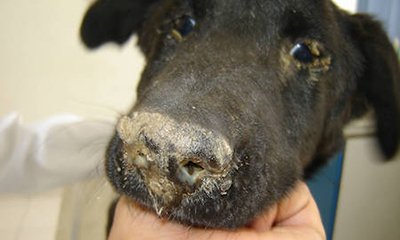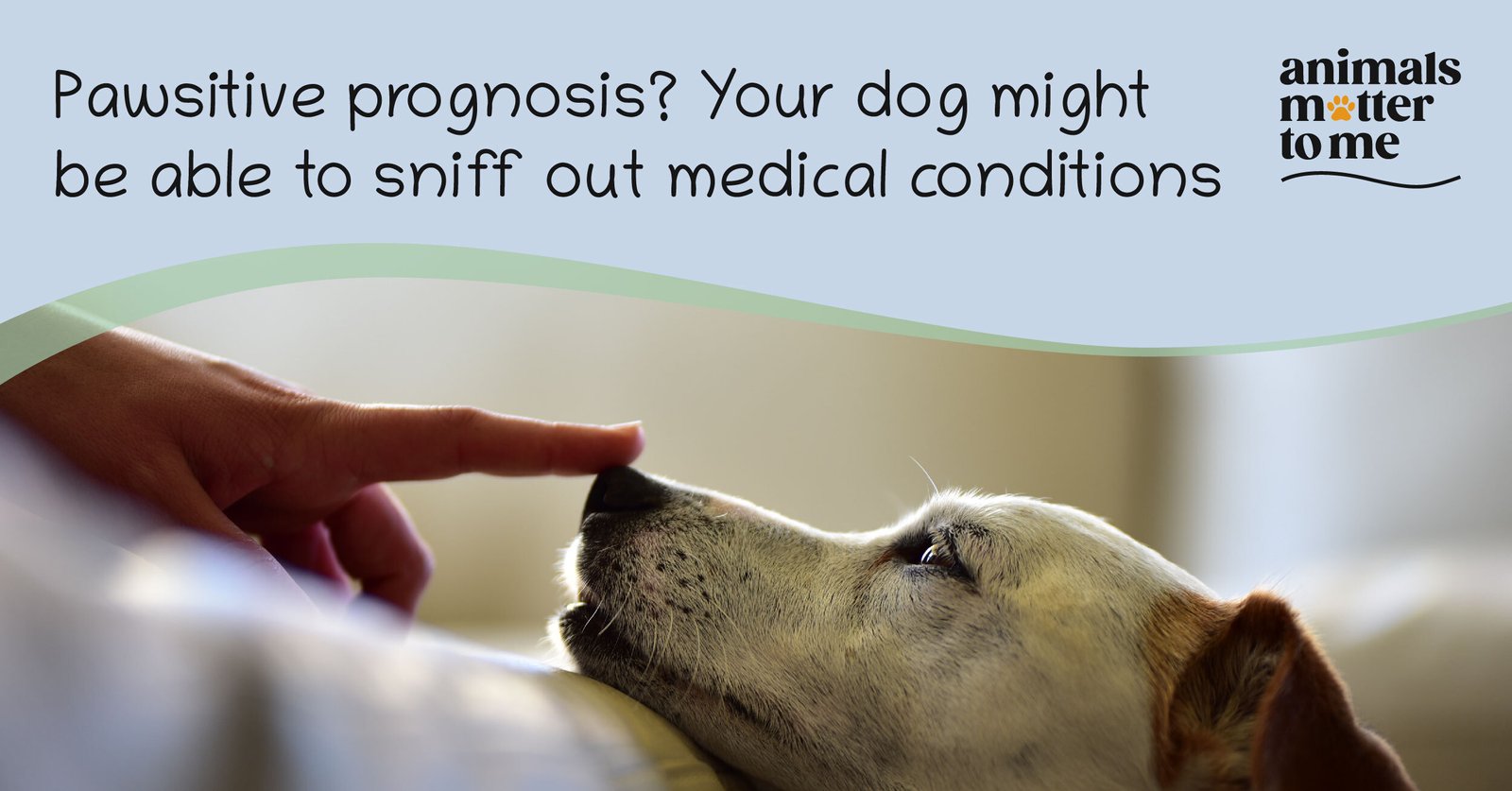Dogs are prone to many diseases that can be transmitted through contact with infected dogs or other animals. Sometimes, humans can also transmit diseases from dog to dog either through petting or handling an infected dog or by sharing brushes, beds, and more between dogs. Most of them can be prevented with vaccines.
Here are some common diseases and conditions that dogs suffer from:
1. Canine distemper

Canine distemper is a deadly disease caused by a very contagious virus. Puppies and dogs usually contract it through airborne exposure (sneezing or coughing), and can also be spread through bodily fluids. Infected dogs typically develop runny eyes, fever, snotty nose, coughing, vomiting, diarrhoea, seizures, and paralysis.
Fortunately, though distemper can be fatal for canines, it can be prevented with vaccines.
2. Parvovirus
Parvovirus is a very contagious and fatal disease that spreads through direct contact between dogs, exposure to contaminated stool, surfaces, clothes, and more. The surfaces and objects exposed to the virus remain contaminated for a prolonged period of time, making it difficult to get rid of the virus.
It attacks the gastrointestinal system, causing fever, vomiting and severe diarrhoea, which is often bloody. Treating parvovirus requires intensive treatment and medications. However, there are vaccines available to prevent the disease.
3. Kennel Cough
Kennel Cough is caused by a combination of viruses and bacteria. It is very contagious and easily spreads through contact with an infected dog. Dogs that contract Kennel Cough might not show any symptoms in the initial stages, but they can still infect other dogs. Most common symptoms of this illness are a snotty nose and a dry, hacking cough.

There are vaccines available to prevent Kennel Cough. Consult your vet to know more about how it can help your puppy or dog.
4. Rabies
Rabies is an incurable viral infection that spreads through saliva. Once a rabies infection is established, there’s no effective treatment. It is transmitted through bites from infected animals. Symptoms can include seizures, paralysis, aggression and lack of coordination.
It is recommended to get the vaccines at the earliest to avoid contracting rabies. If rabies is not treated quickly, it is often fatal.
5. Tick-borne diseases
These diseases are transmitted by external parasites like ticks, fleas and mange which attach themselves to animals. It is transmitted when an infected tick bites a dog or a human.

There are many different types of tick-borne diseases in dogs, the most common ones are Lyme disease, Ehrlichiosis, Anaplasmosis, Rocky Mountain Spotted Fever, and more. If left untreated, it can have serious health consequences on both dogs and people.
The best way to prevent this is by ensuring that you take the right measures (anti-tick shampoos, medicine, etc) so dogs don’t have any parasites living on them.
6. Ear infection and skin allergies
Dogs often suffer from ear infections or skin allergies which can be extremely painful and uncomfortable. They are mostly caused by bacteria, yeast build up in the ears, environmental factors, diet-related issues, and flea-related allergies. The most common signs of infections and allergies are whining, shaking the head, pawing at the ears, and scratching or biting the skin repeatedly.
While the cause can be one or many, it is always advisable to take your dog to the vet before the allergies / infection gets worse.




